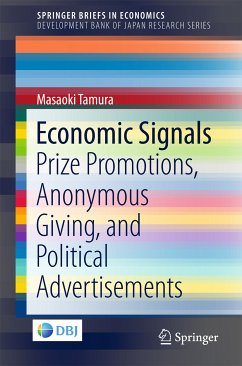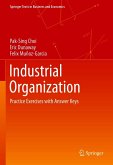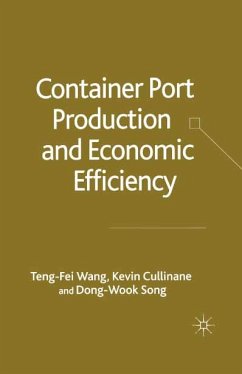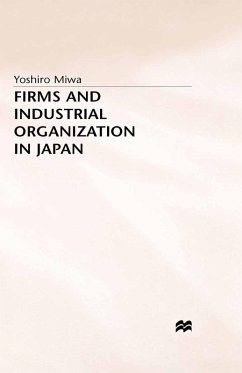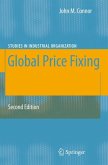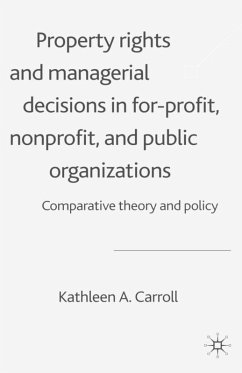This book is intended for readers who are interested in industrial organization, the economics of giving, and political economics. Each topic can be seen as an application of simple economic theory to an unusual subject matter in economics. Thus, for students, this work also offers an introduction to analytical methods in time-inconsistency and involving asymmetric information. The problems and economic settings behind these topics are firms' time-inconsistency in a monopoly, asymmetric information in individual altruism, and asymmetric information regarding types of politicians.
Dieser Download kann aus rechtlichen Gründen nur mit Rechnungsadresse in A, B, BG, CY, CZ, D, DK, EW, E, FIN, F, GR, HR, H, IRL, I, LT, L, LR, M, NL, PL, P, R, S, SLO, SK ausgeliefert werden.

